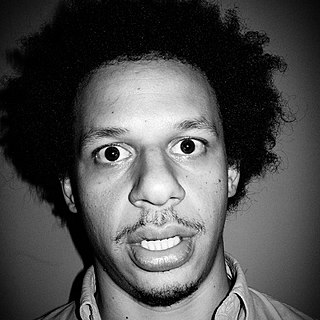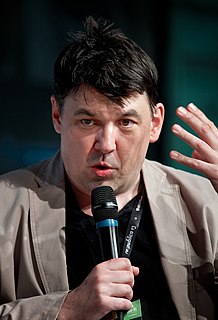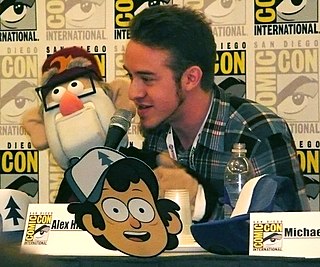A Quote by Eric Andre
The Simpsons was pretty experimental at the time, but it attracted a lot of sitcom writers that felt confined by the limitations of live-action sitcoms in the '80s.
Quote Topics
Related Quotes
I love to read and teach experimental fiction but yes, neither this work nor my first novel is really that experimental. It uses some experimental techniques but in the end, I would not say that it is experimental. I'm not sure why. I do a lot of writing on my own, and I have always just written this way.
I'm not attracted to naturalism, I'm not attracted to behavior, I'm attracted to dance. I'm attracted to gesture, I'm attracted to singing with your voice, as opposed to having a natural manner. I'm a theater actor first, so that probably influences a lot of my approach. And I think in many ways, naturalism has ruined movies.
There are a lot of experimental novels that test the boundaries of what the novel is, and 'Conversations' is not one of those. It's conventional in its structure, even though its prose style and the themes it explores and the politics that underpin it, maybe, are on the experimental side. Its basic structure is pretty conventional.



































